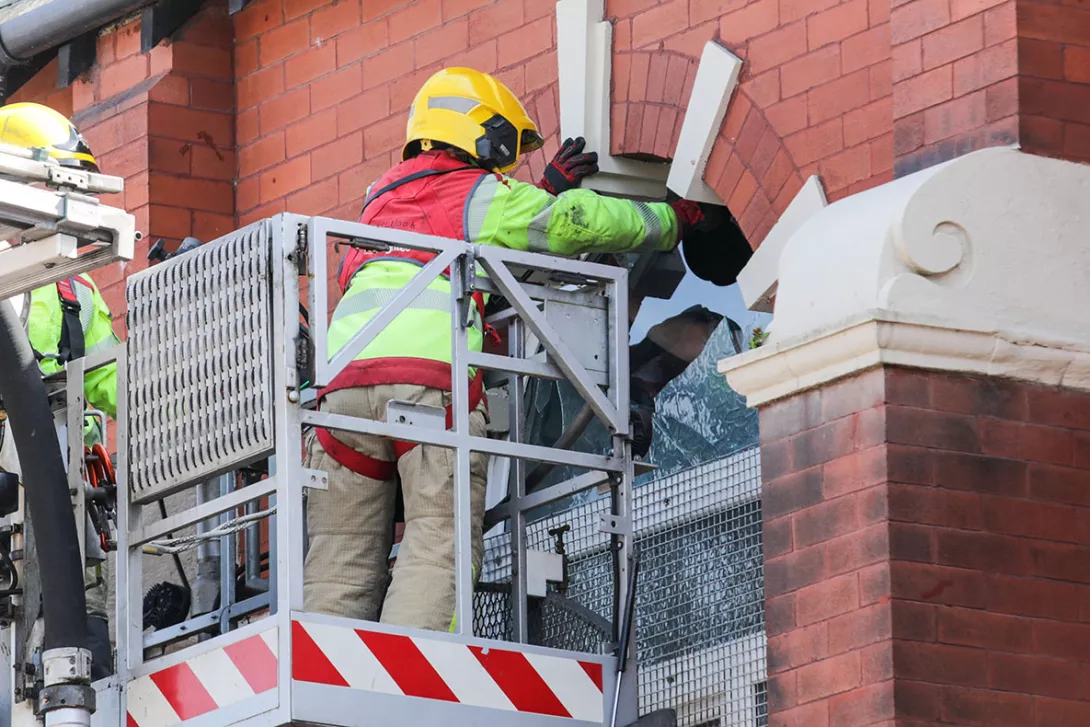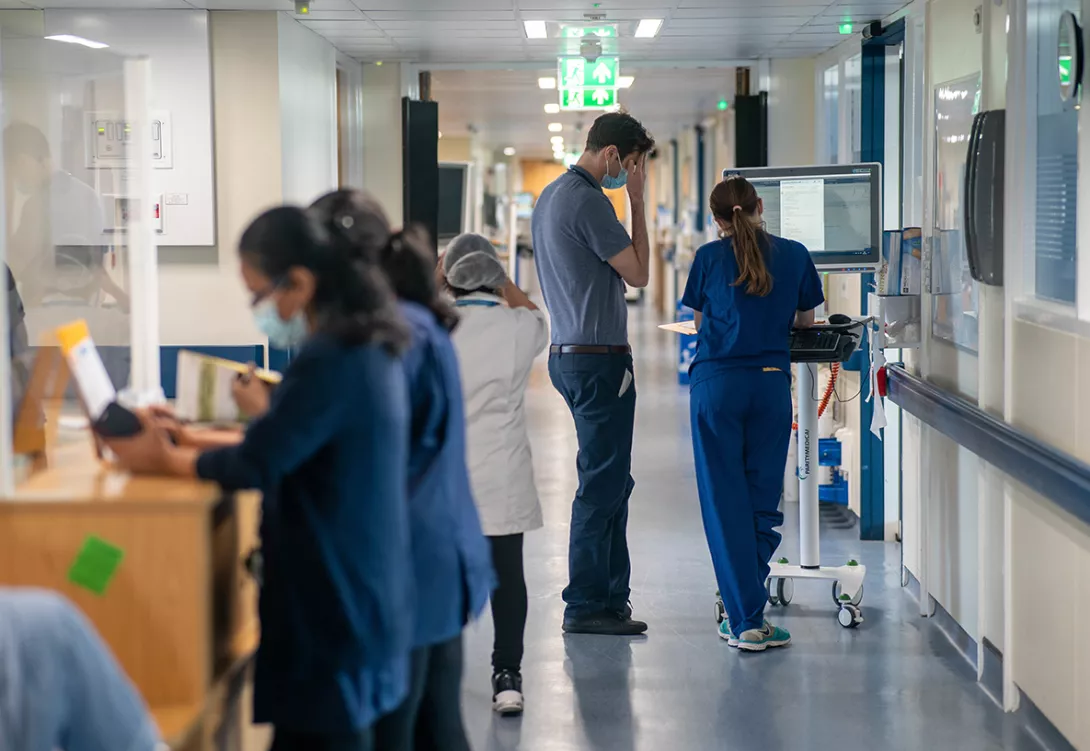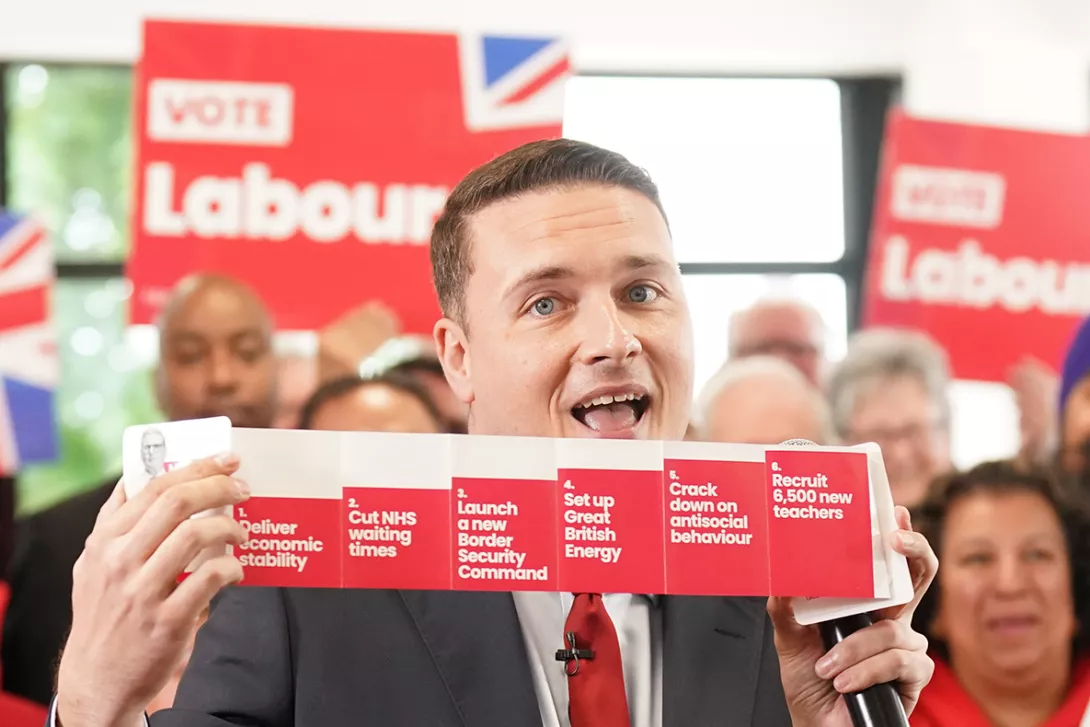NHS buildings ‘falling apart’ as government sidesteps urgent funding issues
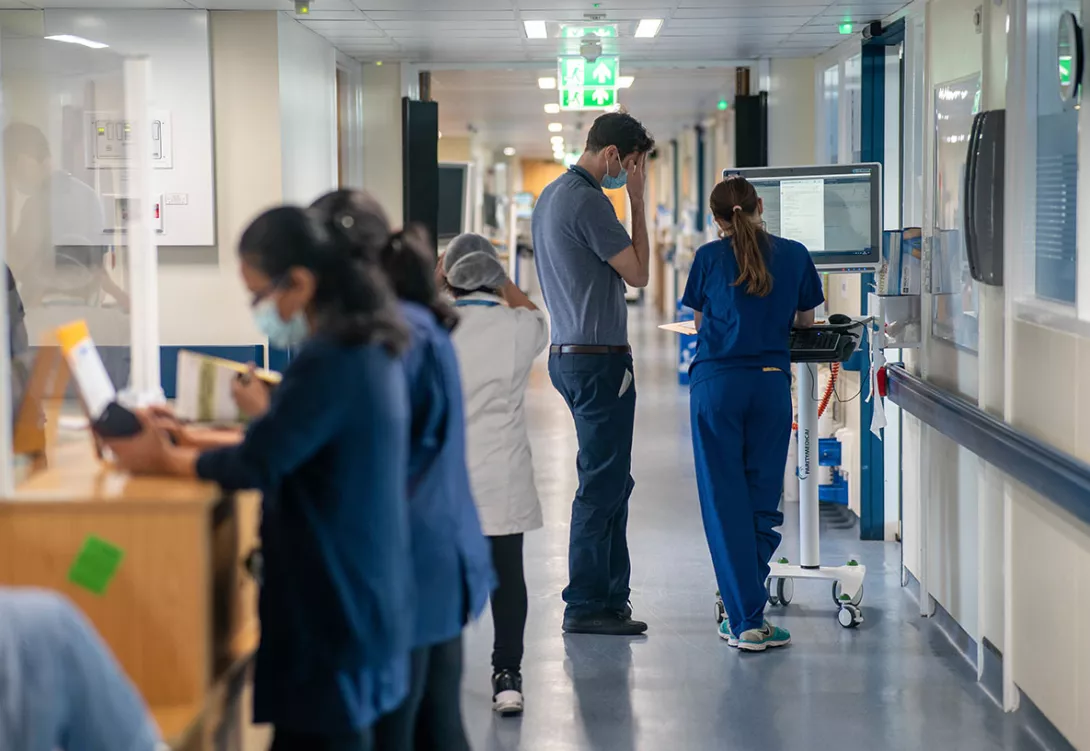
CAMPAIGNERS slammed the government for “not talking seriously” about health service funding today, after it emerged that the bill to fix crumbling NHS buildings has soared while patients and staff are left in harm’s way.
New figures show that the cost to eradicate NHS repairs in England jumped to £13.8 billion in 2023, up by a fifth compared to the previous year.
Costs amounting to £3bn were attributed to “high-risk” repairs, which could cause injury if left unaddressed.
More from this author
Similar stories
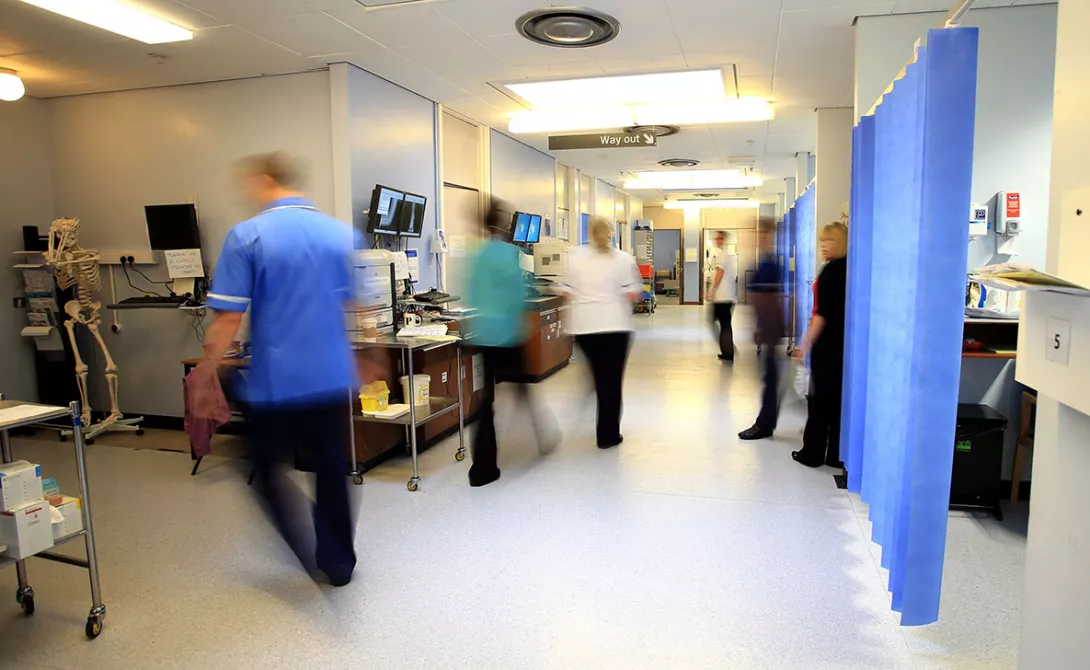
Campaigners slam pledge as a ‘scam’ while Trust leaders say costs have spiralled by 25 per cent













